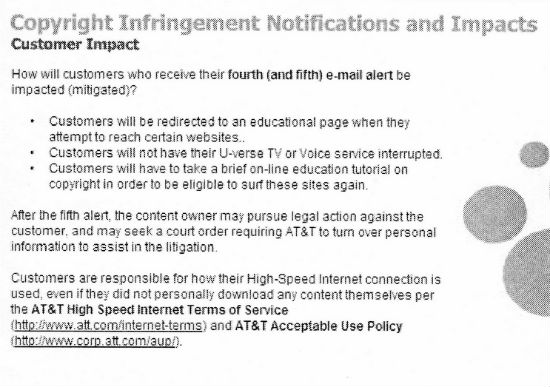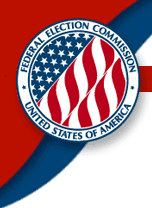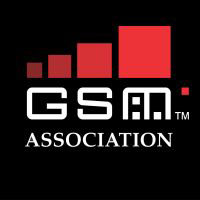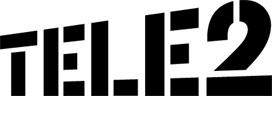AT&T customers in the company’s rural service areas are likely to see wireless broadband as AT&T’s answer to rural America’s demand for Internet access.
Speaking on AT&T’s quarterly results conference call, Ralph de la Vega, president and CEO of AT&T Mobility and Consumer Markets yesterday previewed the forthcoming investor and analyst conference scheduled for Nov. 7 to discuss AT&T’s future in the rural landline business.
“I think there is a place in some rural areas where I see the outline, that [wireless] could serve as an alternative to wired broadband,” de la Vega told a Wall Street analyst from Goldman Sachs. “We are going to be talking to you about that on November 7, giving you more details about our thinking of how we can use this technology. And, quite frankly, the customer reception to the technology [is good] in terms of their willingness to pay for great quality data in large, large amounts.”
Some analysts anticipate AT&T is also likely to announce some additional expansion of the company’s U-verse platform to an additional 3-5 million customers that were not previously scheduled to see the service in their area. The build-out would take 12-18 months to complete. But that still leaves up to 15 million rural AT&T customers with either no broadband or the company’s slower DSL service. For many of them, AT&T sees wireless Internet in their future.
At the core of AT&T’s wireless broadband solution is the company’s LTE 4G network. AT&T is stressing it intends to roll out LTE upgrades in both rural and urban areas, unlike its nearest rival Verizon Wireless, which has prioritized upgrades on urban areas. AT&T claims its current network performs at speeds of 5-12Mbps — faster in low demand areas. In areas where AT&T has not bothered to provide DSL service, the company has repeatedly stressed it believes wireless delivers the best bang for the buck.
Unfortunately for rural consumers, access is not likely to come cheap, congestion will reduce overall speeds, and plans will include usage caps that are draconian in comparison to the company’s wired broadband services.
AT&T is a strong believer is monetizing data usage by gradually eliminating the unlimited data plan the company started at the dawn of the smartphone era. The future at AT&T is usage-based pricing.
“I think that more customers we have on usage-based plans the better we are,” de la Vega told investors.
In the last quarter alone, AT&T earned $6.6 billion from its wireless data service — up more than $1 billion (18%) compared to the same quarter last year. AT&T now takes $26 billion annually to the bank just from its wireless data earnings.


 Subscribe
Subscribe










